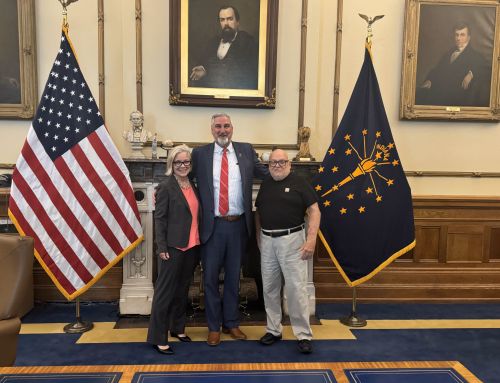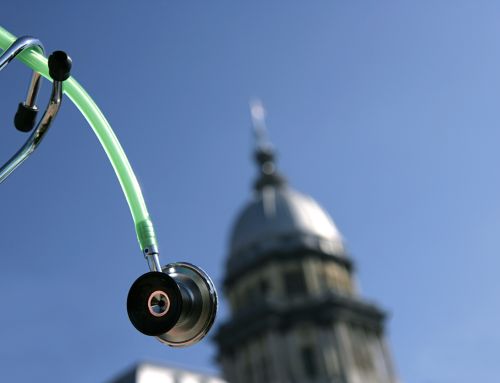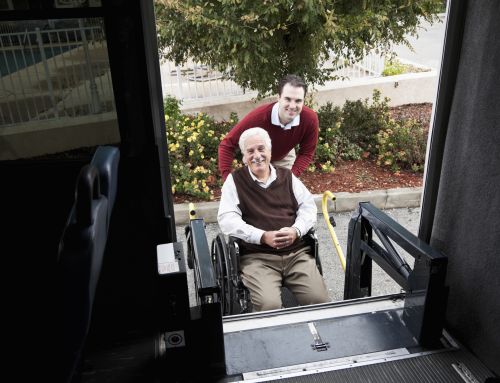The Centers for Medicare & Medicaid Services (CMS) will begin implementing a prior authorization demonstration program for non-emergent ambulance transport of dialysis patients in New Jersey, Pennsylvania and South Carolina. CMS believes using a prior authorization process will help ensure services are provided in compliance with Medicare coverage rules, specifically that ambulance providers in those states must obtain documentation from physicians prior to the beginning of service. The requirement does not apply to hospital-based ambulances.
CMS is taking these actions in response to instances of fraud in those three states. For example, one Pennsylvania fraud scheme involved more than $3.6 million in false claims submitted to Medicare. An ambulance operator conspired to defraud Medicare by recruiting patients who were able to walk and could travel safely by means other than ambulance and who, therefore, were not eligible for ambulance transportation under Medicare requirements. The ringleaders falsified reports to make it appear that the patients needed to be transported by ambulance when the defendants knew the patients could be transported safely by other means and that many of them walked to the ambulance for transport. They often paid illegal kickbacks to the patients as part of the scheme.
The new requirement goes into effect with the fourth instance of repeated non-emergent transportation. CMS says it has notified medical societies in those states of the new requirements. However, ambulance operators say many nephrologists were not notified, and fear they may have difficulty in obtaining the paperwork from busy doctors in a timely fashion.
Prior authorization will not change coverage rules or create new clinical documentation requirements; it will require the same information necessary to support Medicare payment, just earlier in the process. CMS says prior authorization allows providers and suppliers to address issues with claims prior to rendering services and avoids need for an appeal process.
In 2012, CMS launched a prior authorization process for certain power mobility devices in seven demonstration states (California, Florida, Illinois, Michigan, New York, North Carolina and Texas). Since implementing the demonstration, CMS says sit has observed a decrease in expenditures for power mobility devices.




























